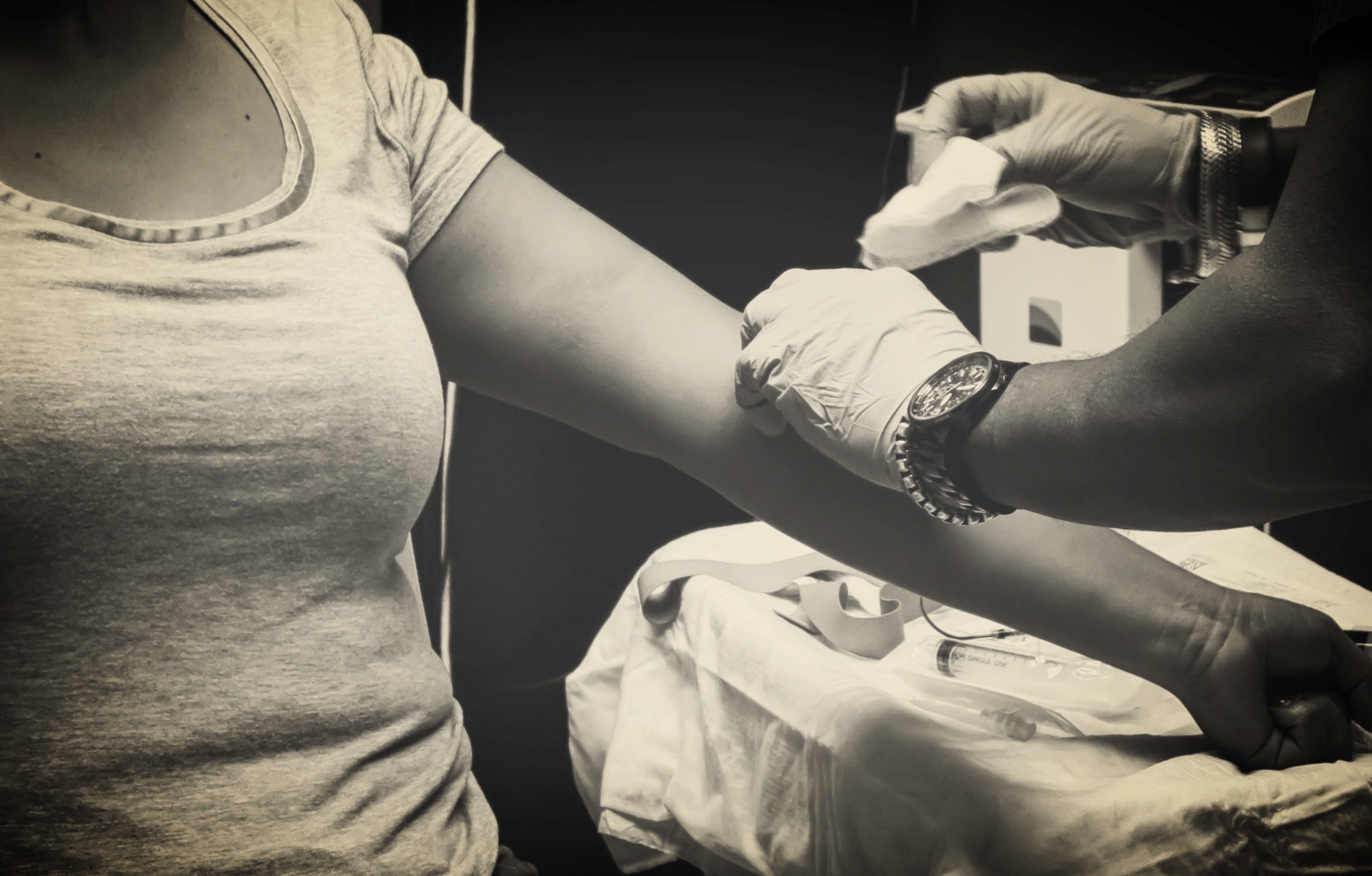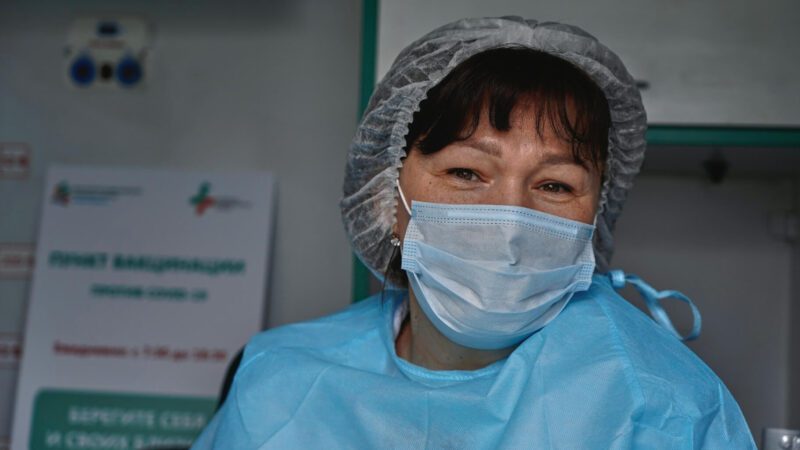Selling Plasma for Extra Income

In the realm of unconventional side hustles, selling plasma has gained traction as a viable option for individuals looking to bolster their income streams. While the idea of parting with a component of your blood may initially raise eyebrows, the financial benefits and the positive impact on others’ lives make it a unique and rewarding venture. In this article, we’ll explore the world of selling plasma, shedding light on the process, the financial gains, and the ethical considerations involved. Sure, it’s a little more painful than selling books on eBay, but it’s quick and easy.
Understanding Plasma and the Donation Process
Plasma, the yellowish liquid component of blood, plays a crucial role in maintaining blood pressure and transporting nutrients throughout the body. Unlike whole blood donation, where all components are collected, plasma donation involves extracting only the plasma, while the red blood cells and platelets are returned to the donor. This process, known as plasmapheresis, typically takes about an hour.
To become a plasma donor, individuals must meet certain health criteria and go through a screening process. Common requirements include being in good health, having a valid ID, and meeting age and weight criteria. Once approved, donors can visit plasma donation centers regularly to contribute.
Financial Compensation: How Much Can You Make?
One of the primary reasons people consider selling plasma is the financial compensation involved. While rates vary depending on the location and the demand for plasma, donors can generally expect to receive between $20 and $50 per donation session. Some centers offer additional incentives, such as bonuses for frequent donations or referral programs.
For those considering plasma donation as a regular side hustle, the potential earnings can add up significantly over time. If a donor, for instance, receives $30 per session and donates twice a week, that amounts to $240 per month, or nearly $3,000 annually. While this may not replace a full-time job, it can serve as a supplementary income stream, helping individuals cover bills, save for a specific goal, or even pay off debts.
Time Commitment: Balancing Plasma Donation with Daily Life
One crucial aspect to consider when contemplating plasma donation as a side hustle is the time commitment. While the actual donation process takes about an hour, including the screening and recovery period, donors must account for travel time to and from the donation center. Additionally, waiting times at the center can vary, so planning ahead is essential.
Balancing plasma donation with other commitments requires careful time management. Understanding the hours of operation of the donation center and incorporating donation sessions into your schedule can help you maximize your earnings without disrupting your daily routine. Many centers offer flexible hours, including evenings and weekends, making it accessible for individuals with diverse schedules.
Ethical Considerations: Impact on Others and Personal Health
Beyond the financial gains, selling plasma offers a unique opportunity to contribute to the medical field and help those in need. Plasma is a vital component in the creation of life-saving medications for individuals with various medical conditions, including immune deficiencies, hemophilia, and certain neurological disorders. By donating plasma, individuals actively participate in providing essential resources for pharmaceutical advancements.
However, it’s crucial to consider the potential impact on your own health. While plasma donation is generally safe, donors must prioritize their well-being. Regular donations can lead to temporary side effects such as fatigue or dehydration, so staying hydrated and maintaining a balanced diet is essential. Donors should also be honest during the screening process about their health history to ensure the safety of both the donor and the recipients of the plasma-derived medications.
Navigating the Process: Finding Reputable Plasma Donation Centers
Choosing a reputable plasma donation center is paramount to a positive and safe experience. Researching local centers, reading reviews, and considering the cleanliness and professionalism of the facility are crucial steps. Reputable centers adhere to strict health and safety standards, ensuring a secure environment for donors.
Additionally, some centers have loyalty programs or perks for regular donors, adding an extra layer of motivation for those considering plasma donation as a consistent side hustle. Exploring different centers in your area and understanding their compensation structures and additional incentives can help you make an informed decision.
Conclusion: A Unique Side Hustle with Tangible Benefits
In the landscape of unconventional side hustles, selling plasma emerges as a distinctive option, offering financial compensation, a positive impact on others, and the satisfaction of contributing to medical advancements. While it may not be suitable for everyone, those with the time, commitment, and desire to make a meaningful contribution to their community may find selling plasma to be a lucrative and fulfilling side hustle. As with any endeavor, weighing the financial gains against the time commitment and ethical considerations is essential in determining if plasma donation aligns with your personal and financial goals. Nice work! Take some of that extra cash and treat yourself to a $10 Red Lobster lunch or Applebee’s happy hour!




